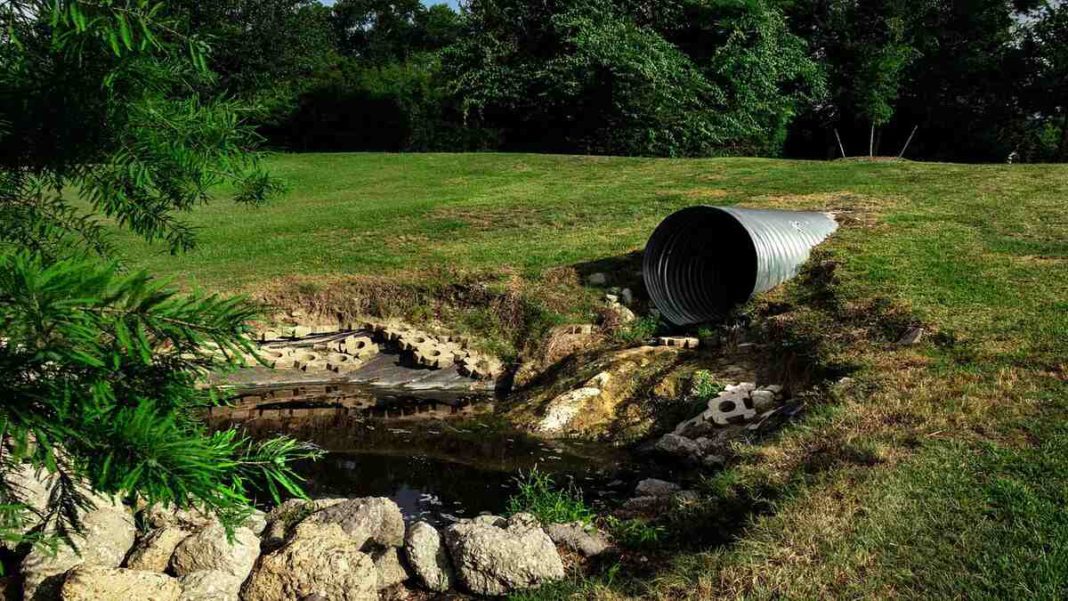JAPAN: Japan has started dumping over 1 million tonnes of contaminated water into the Pacific Ocean from the destroyed Fukushima Daiichi nuclear power plant, causing China to ban all seafood imports and causing ire in nearby fishing communities.
Tokyo Electric Power (Tepco) pumped a small amount of water out of the facility. No anomalies were found with the saltwater pump or nearby facilities, as per Tepco.
Tepco employees are set to take water samples, with UN atomic watchdog monitors expected on site. The discharge, which is anticipated to take 30 to 40 years, has angered neighbouring nations and worried fishermen who fear it would wipe out their business as people avoid seafood taken in and near Fukushima. The release was criticized by China as being “extremely selfish and irresponsible.”
Beijing has criticized the release of nuclear effluent from Fukushima into the ocean and called it an irresponsible act that ignored global public interests. At least 14 individuals were detained by South Korean police on Thursday after they invaded the Japanese embassy’s building in Seoul as part of a demonstration against the release, as per reports.
Initially, the water will be discharged in small amounts and under stricter supervision, with the first outflow expected to run for 17 days. The release will be started carefully and from a small amount, as per Tepco.
The Japanese government faces a diplomatic nightmare in disposing of wastewater from Fukushima Daiichi, Japan, which was used to cool three nuclear reactors that melted down after a 2011 tsunami, making it the largest nuclear accident since Chornobyl. The International Atomic Energy Agency (IAEA) backs the disposal of the wastewater.
Critics say that the radioactive dangers have not been thoroughly evaluated, and the impact of tritium, carbon-14, strontium-90, and iodine-129, which will be released as part of the discharge, have been ignored. According to Tepco, the first batch of released water will have a tritium concentration of 190 becquerels per litre.
Japanese officials believe water dilution into the Pacific via an underground tunnel is safe, with an IAEA safety evaluation stating it would have “negligible” radioactive effects on people and the environment.
However, China has not been convinced, despite assurances about food safety, and has formalized a complaint with the Japanese ambassador to China.
China pledges to protect the marine environment, food safety, and public health, asserting that the ocean is a shared resource for humanity.
China halted food and agricultural imports from five prefectures of Japan after the 2011 triple catastrophe, later extending it to ten. Hong Kong’s chief executive, John Lee, criticized the release of water into the ocean and announced import restrictions on Japanese seafood from Fukushima and Tokyo.
South Korea, previously a vocal opponent, refrained from officially endorsing Japan’s strategy due to public anxiety about food safety.
Also Read: Japan Announces Commencement of Fukushima Water Release into Ocean from August 24



